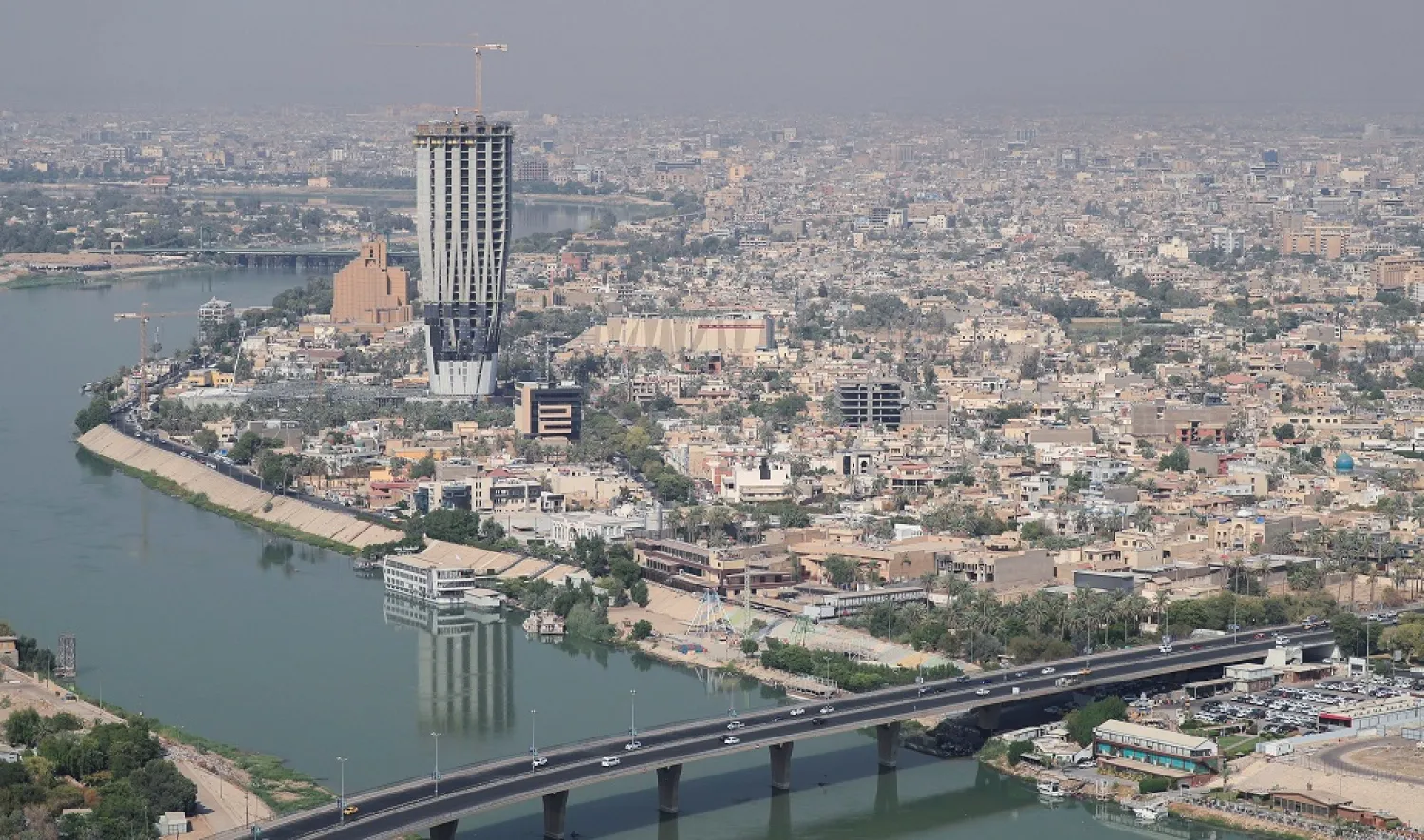More than 300 Iraqis, including tribal leaders, called for a normalization of ties with Israel at a conference in autonomous Kurdistan organized by a US think-tank, drawing a chorus of condemnation Saturday from Baghdad.
The first initiative of its kind in Iraq, a historic foe of Israel and where its sworn enemy Iran has a strong influence, the conference was held Friday.
The organizers, the New York-based Center for Peace Communications (CPC), advocates for normalizing relations between Israel and Arab countries, alongside working to establish ties between civil society organizations.
Iraqi Kurdistan maintains cordial contacts with Israel, but the federal government in Baghdad, which has fought in Arab-Israeli wars, does not have diplomatic ties with the Jewish state.
Four Arab nations -- the United Arab Emirates, Bahrain, Morocco and Sudan -- last year agreed to normalize ties with Israel in a US-sponsored process dubbed the Abraham Accords.
“We demand our integration into the Abraham Accords,” said Sahar al-Tai, one of the attendees, reading a closing statement in a conference room at a hotel in the Kurdish regional capital Erbil.
“Just as these agreements provide for diplomatic relations between the signatories and Israel, we also want normal relations with Israel,” she said.
“No force, local or foreign, has the right to prevent this call,” added Tai, head of research at the federal government’s culture ministry.
‘Traitors’
However, the federal government rejected the conference’s call for normalization in a statement on Saturday and dismissed the gathering as an “illegal meeting”.
The conference “was not representative of the population’s (opinion) and that of residents in Iraqi cities, in whose name these individuals purported to speak,” the statement said.
The office of Iraqi President Barham Salih, himself a Kurd, joined in the condemnation.
Influential cleric Moqtada Sadr urged the government to “arrest all the participants”, while Ahmed Assadi, an MP with the Popular Mobilization Forces (PMF), branded them “traitors in the eyes of the law”.
The culture ministry, in a statement, said its employee Tai who attended the Erbil forum did not represent the ministry, but she had taken part as “a member of a (civil society) organization”.
The 300 participants at the conference came from across Iraq, according to CPC founder Joseph Braude, a US citizen of Iraqi Jewish origin.
They included representatives from “six governorates: Baghdad, Mosul, Salaheddine, Al-Anbar, Diyala and Babylon,” extending to tribal chiefs and “intellectuals and writers”, he told AFP by phone.
Other speakers at the conference included Chemi Peres, the head of an Israeli foundation established by his father, the late president Shimon Peres.
“Normalization with Israel is now a necessity,” said Sheikh Rissan al-Halboussi, an attendee from Anbar province, citing the examples of Morocco and the UAE.









